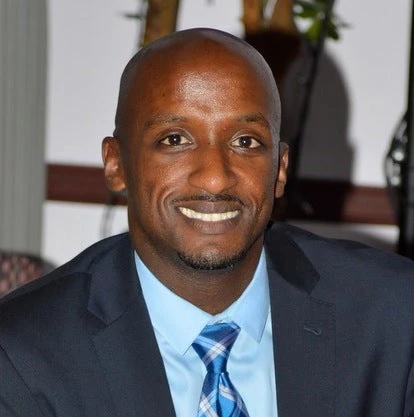“What can we do today to prepare students for the labor force in 20 years?” the director general of Israel’s Ministry of Finance, Shai Babad, asked. At an Annual Meetings event last Friday, Babad was asked for his thoughts about successful government policies to enable start-up ecosystems. However, he answered the question with one of the many questions that policymakers continue to wrestle with in the new digital economy.
In recent years, many of the World Bank Group’s country partners have posed similar questions. As Trade & Competitiveness Director Klaus Tilmes commented, “Many clients are now less interested in our money, and more in our knowledge around best practices and effective incubator models. They’re asking ‘How can we create our own start-up ecosystems?’ So we are trying to become more systematic and leverage tools to expand our programs and build them into our lending projects.”
No state is more renowned for its success in building such ecosystems than Israel. The small country contains the highest number of start-ups outside of Silicon Valley and receives the most VC investment per capita. With a population of only 8 million, Israel has over 6,000 start-ups, and 1,000 new start-ups are launched every year. In 2016 alone, Israeli start-ups raised over $4.8 billion.
Despite these achievements, Oren Simanian, founder of StarTAU, Israel’s first start-up community, said Israel’s start-up ecosystem still needs to expand and include groups that have been excluded. Simanian called for greater inclusion of entrepreneurs operating on the periphery geographically, economically, and culturally. He noted that while most start-up activity happens in Tel Aviv, Jerusalem-based Mobileye was acquired by Intel this year for $15 billion.
The “start-up nation” is eager to engage with fellow policymakers and World Bank Group experts to seek new partnerships and shar lessons on developing start-up ecosystems for development. The Israeli Ministry of Economy and Industry co-hosted last week’s event with the World Bank Group’s Innovation and Entrepreneurship unit, part of the Trade & Competitiveness Global Practice. The panel was moderated by the World Bank country director for Vietnam, Ousmane Dione.
In his opening remarks, Babad paraphrased Albert Einstein, stating, “We cannot solve problems using the same thinking used to create them.” He then invited attendees to visit Israel so that they could connect global actors to their local entrepreneurs who are facing similar development challenges. He closed by stating, “All these problems that we share, we will be able to solve together.”
A common refrain throughout the event was to “think globally and act locally.” This lesson was used to describe how Kenyan start-ups must envision the markets in which they hope to compete, while innovating solutions within their local ecosystems, according to Stephen Odua, the acting director of private sector development at Kenya’s Ministry of Industry, Trade, and Cooperatives.
Ruka Sanusi, executive director of infoDev’s Ghana Climate Innovation Center, echoed the refrain while discussing how start-ups assisted by the center are developing local innovations while contributing to the global fight against climate change. Sanusi asserted, “Entrepreneurship is not new in Africa, but we need to build companies that don’t just think transactionally, and instead, begin to think transformationally.”
At one point, Simanian quipped, “In order to close the gap, you need to use the G.A.P.,” by which he meant collaboration between government, academia, and the private sector. Given the panel’s composition — a Kenyan government official, and heads of two start-up incubators both based at universities — the event certainly proved the value of facilitating cross-sector discussions.
If you were unable to attend, please watch the online recording above.


Join the Conversation